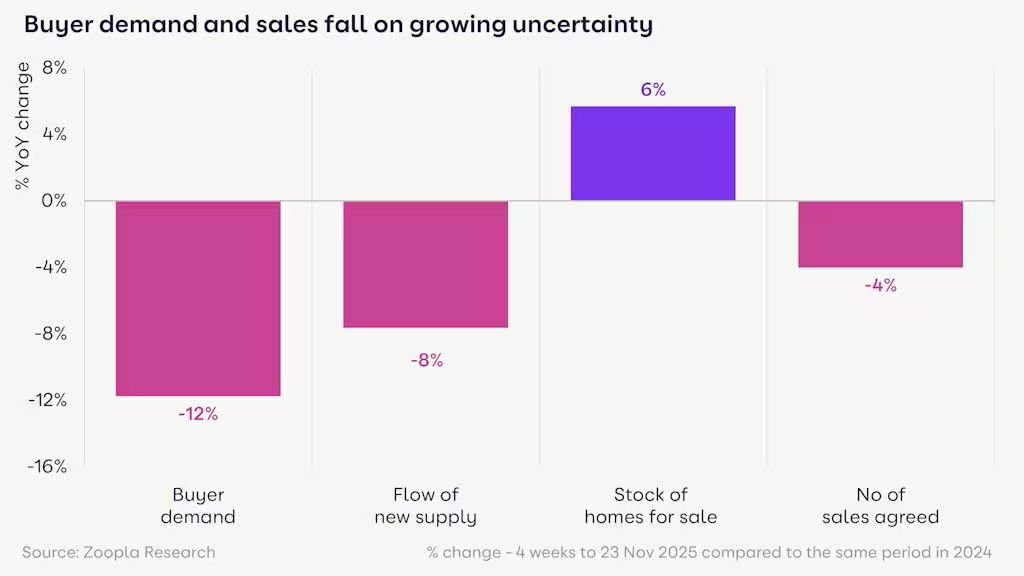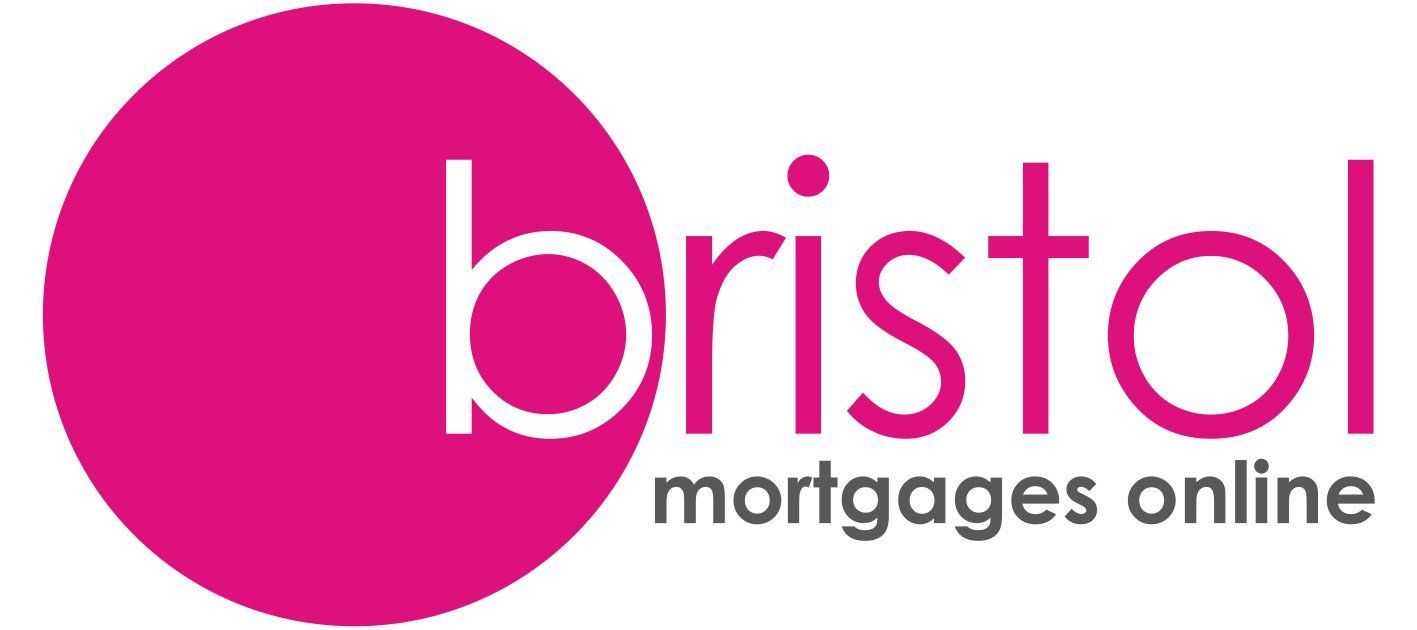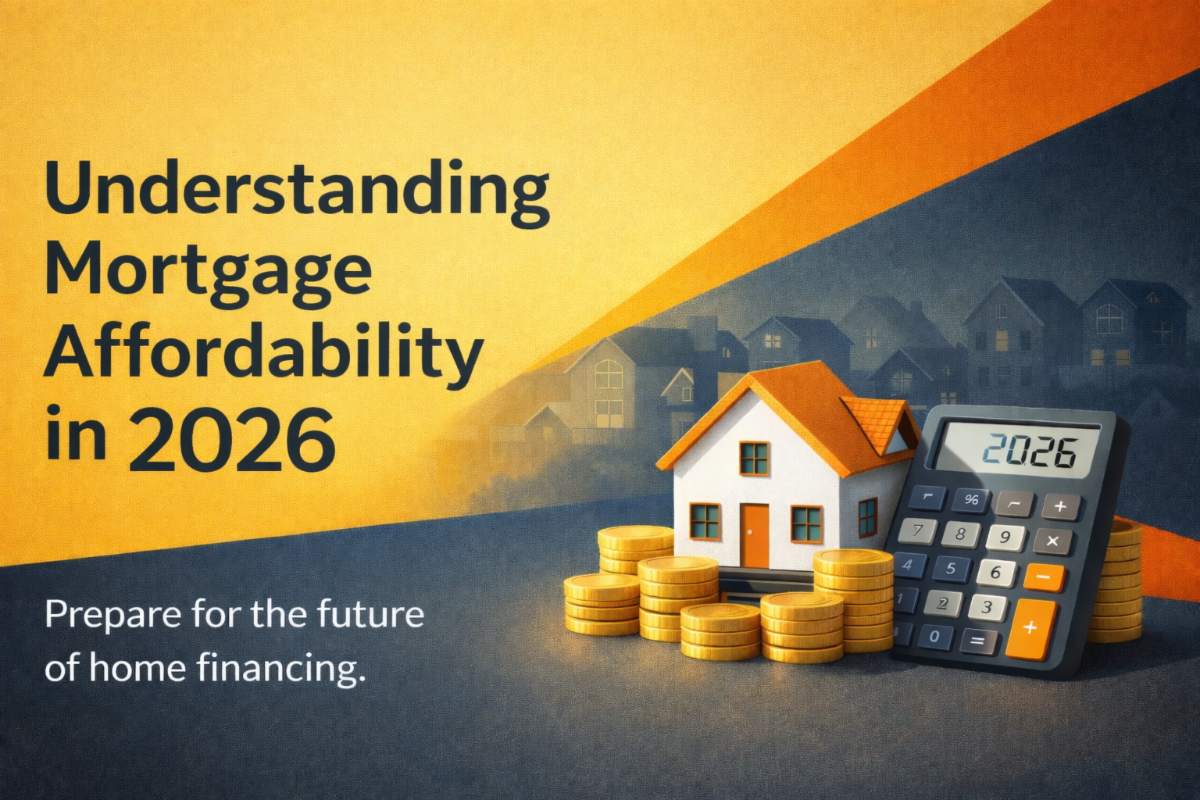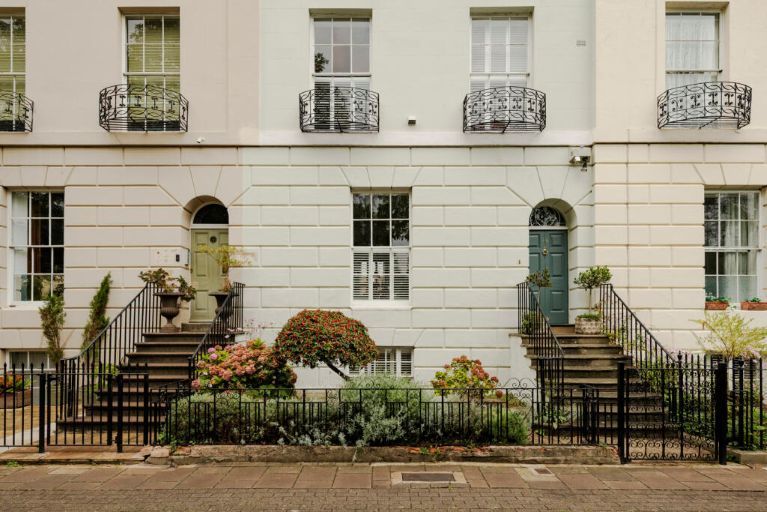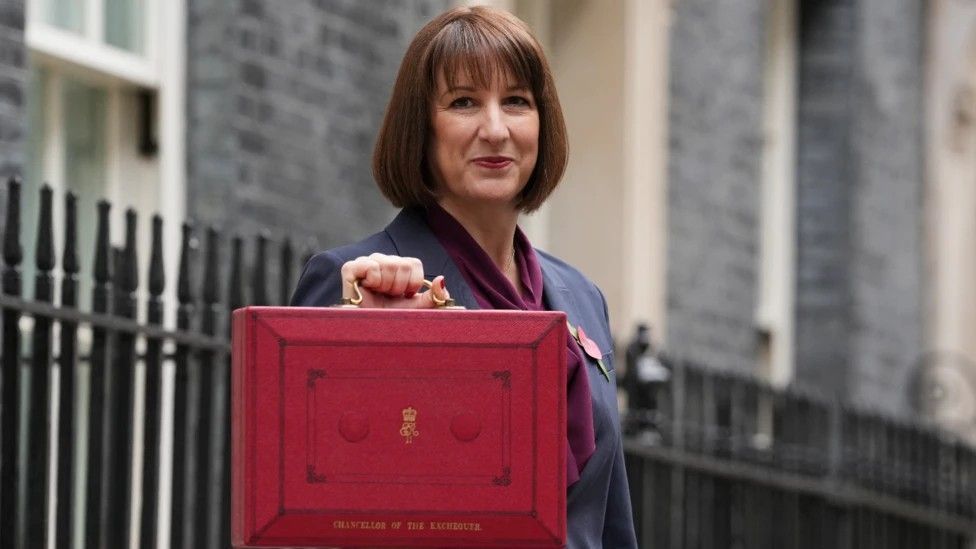Renters look for smaller homes in cost-of-living squeeze
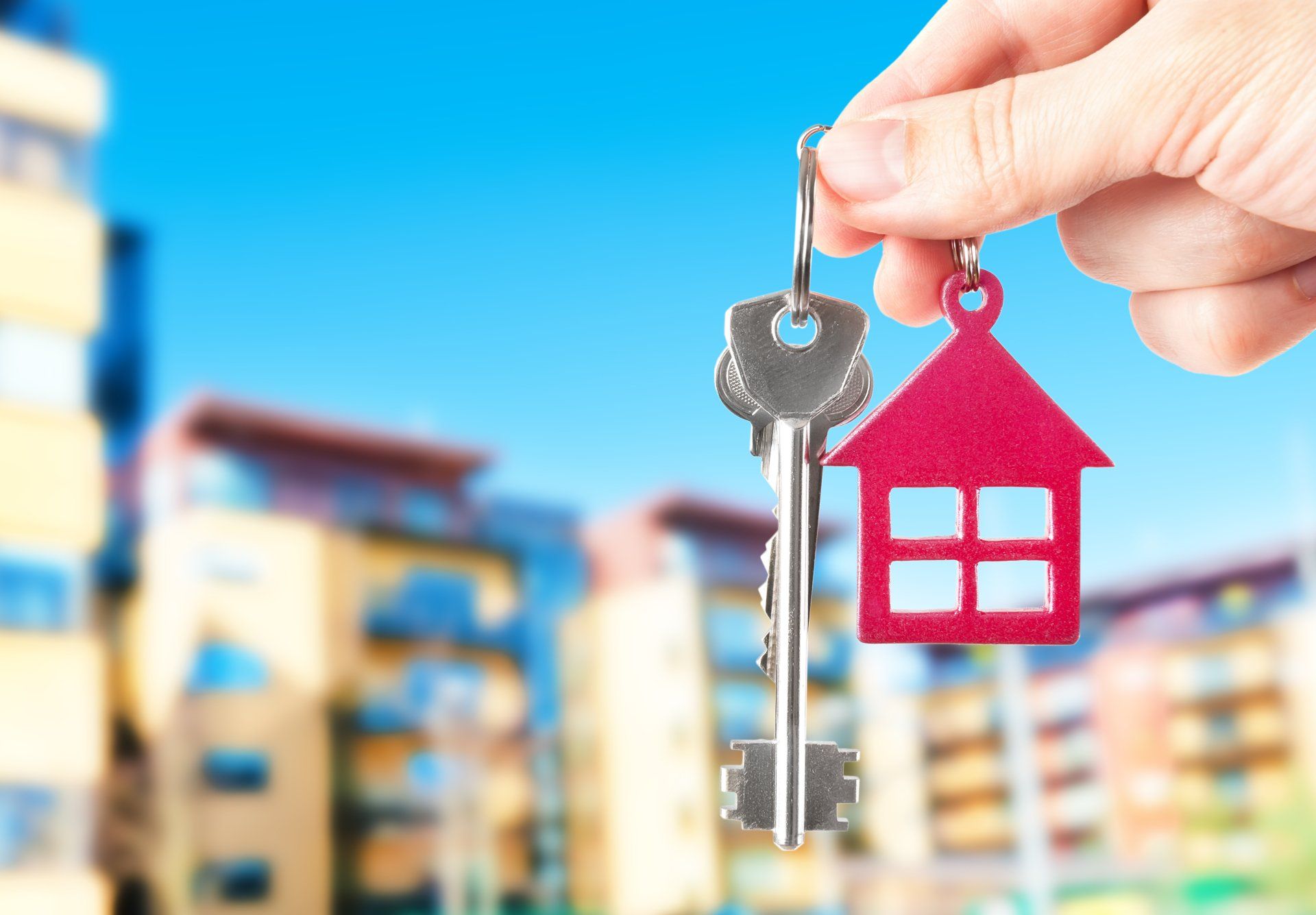
Adapted from a Zoopla article by Nic Hopkirk 13 September 2022
Demand for two-bed apartments is on the up as renters try to combat rising rent and energy costs.
- Renters are choosing two-bed apartments over three-bed family homes to reduce outgoings as the cost-of-living rises.
- Rents on new lets have gone up £115 per calendar month compared with this time last year, rising faster than wages
- ·In a market where demand is massively outstripping supply, rents are likely to keep going up into 2023
As the cost-of-living squeeze looms large, rising rents and energy bills are pushing renters to look for smaller homes in a bid to reduce outgoings.
Zoopla’s data on rental demand shows that renters are shifting their focus from three-bed houses to two-bed flats. And that trend is growing. With the gas needed to warm a purpose-built flat working out around 40% less than that needed to warm a three-bed family terraced home, or 25% less with a flat conversion, the savings are set to be substantial.
A one-bed home requires less than half the gas that’s needed for a three-bed home. D and E rated homes need 25% and 48% more gas to run compared to a C rated home.
The decline in the number of renters looking for two- and three-bed houses in the last year has been significant, as the pendulum of demand swings towards one- and two-bed flats. Zoopla data suggests the appeal of apartments and energy-efficient homes will only grow as we head into 2023.
The cost of renting is also having an impact on where renters are choosing to live.
Outside of London, the current difference in rents charged for a two-bed flat and a three-bed house is £105 per month.
This translates into £1260 per year in rent, so big savings can be made by moving into smaller apartments.
Yet conversely, despite all of these cost of living headwinds, a chronic undersupply of rental properties available on the market means rents will continue to grow at above average rates into 2023.
Massive supply shortage drives up rents
The average rent has gone up by £115 per month since September last year to £1,051 a month.
The rise is outpacing earnings growth across the country and basically boils down to a major shortage of available homes.
Right now, rental home stock levels are sitting at around half the numbers seen on the market in the past five years, so there’s a lot less choice out there for renters.
Many renters are also deciding to stay put with their current landlords to avoid future rent increases. And from the landlords’ side, increasing taxes and regulations are causing many to sell up as letting a home becomes less affordable.
To view the full article please go to
If you would like to talk to one of our expert Mortgage Advisers about getting a Buy to Let investment mortgage or letting out your current residential property on a Let to Buy basis, please contact us today.
For further details about the services we offer as a fully independent mortgage broker or any other mortgage information book your FREE CONSULTATION with one of our expert Mortgage Advisers.
Bristol Mortgages Online www.bristolmortgagesonline.com Tel 0117 325 1511
Bath Mortgages Online www.bathmortgagesonline.com Tel 01225 584 888
Exeter Mortgages Online www.exetermortgagesonline.com Tel 01392 690 888
Email info@swmortgages.com
#bristolmortgagebroker #bestmortgageadvice #bristolmortgageadviser,#expertmortgageadvice
#independentmortgagebroker #bestmortgagedeals #firsttimebuyermortgage #bestremortgagedeal
#freemortgageconsultation #bestmortgagebroker #buytoletmortgage #investmentmortgage
#hmomortgage #highlyratedmortgagebroker #fivestarrated #googleverified #movetobristol
#endoffixedterm #besttimetoremortgage #earlyredemptionfee #ERC #guarantormortgage
#jointborrowersoleproprietermortgage #affordability #stresstest#bestbroker #5stargooglereviews#investmentproperty#rentalflats


